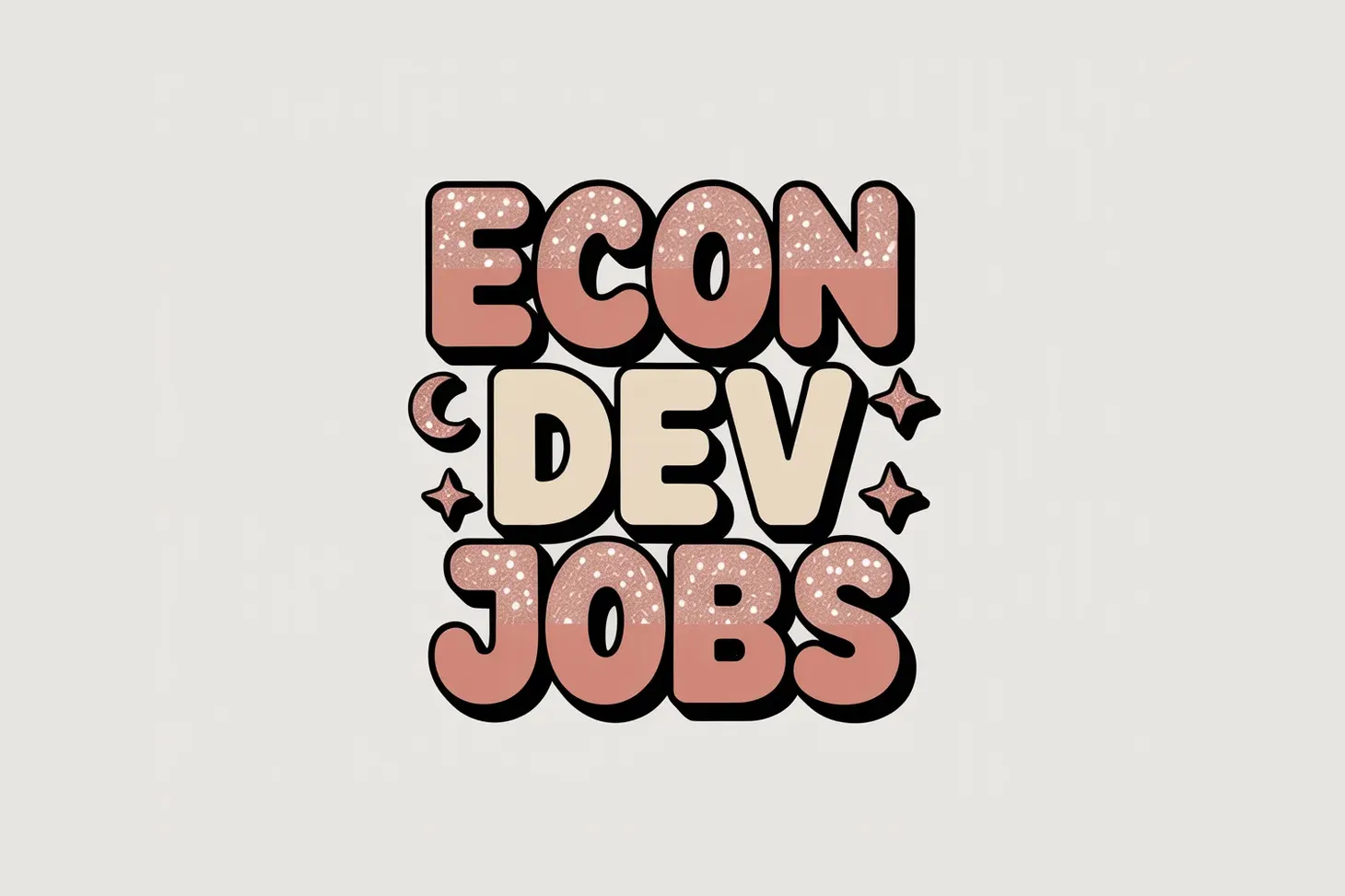Podcast 146: The Coming Demographic Drought: Navigating America's Looming Labor Crisis with Josh Wright
As the youngest Baby Boomers retire, we're going to run out of workers. Seriously.

Table of Contents
In this episode of the Econ Dev Show Podcast, Dane Carlson talks to Josh Wright about Lightcast's new report "The Rising Storm: Building a Future-Ready Workforce to Withstand the Looming Labor Shortage."
The report explores the impending demographic drought due to retiring baby boomers, declining birth rates, and other factors such as incarceration and addiction. Wright explains how these converging trends are creating an unprecedented challenge for the U.S. economy, with certain industries like healthcare, construction, and food service already feeling the impact. He discusses the potential long-term consequences of this labor shortage on economic growth, productivity, and community sustainability.
The conversation then shifts to strategies for economic developers and communities to prepare for this challenge. Wright emphasizes the importance of skills-based hiring and training, talent attraction and retention, and partnerships between businesses and educational institutions. He advocates for a data-driven approach, urging communities to analyze their local labor markets and adapt their workforce development strategies accordingly. The episode provides valuable insights for economic development professionals, policymakers, and business leaders on how to build a future-ready workforce in the face of these demographic shifts. Wright also highlights the resources available in the report and accompanying materials to help communities navigate this looming crisis.
Like this show? Please leave us a review here — even one sentence helps!
About Josh Wright
Josh Wright is EVP of Growth at Lightcast, the leading provider of labor market data and insights. He works on thought leadership and strategic business development for the company’s Education & Government division. He previously served as EVP and GM of the economic and workforce development division at Lightcast, where he led his team through the merger of Emsi and Burning Glass Technologies in 2021 and the acquisitions of Gazelle.ai and eIMPACT in 2023.
Josh is a former journalist who started at Emsi in 2008. He has served in different marketing, professional services, and executive roles for the Idaho-based company.
In 2004, Josh graduated from the University of Idaho with bachelor degrees in journalism and history. He’s worked full time or as a freelance sports writer for several newspapers, magazines, and the Associated Press. He enjoys living in the Pacific Northwest with his wife and three children.
Actionable Insights
- Establish a Skills-First Ecosystem: Create partnerships between local businesses, educational institutions, and workforce development agencies to develop a comprehensive skills-based training and hiring system. Align education with workforce demand by ensuring training programs meet current and future industry needs.
- Implement Data-Driven Decision Making: Utilize labor market and demographic data to inform policy decisions and guide workforce development strategies. Employ predictive analytics to anticipate future challenges and help communities adapt proactively, ensuring your economic development plans are forward-thinking and responsive.
- Launch Comprehensive Upskilling and Reskilling Programs: Work with local employers to identify skill gaps and create tailored upskilling programs for existing workers. Develop smart reskilling strategies to help workers transition into new roles or industries as the job market evolves, ensuring a flexible and adaptable workforce.
- Develop a Holistic Talent Strategy: Create a marketing campaign that highlights the unique qualities of your community to attract new talent, focusing on quality of life aspects. Simultaneously, implement a community retention program with initiatives like mentorship programs and networking events to retain existing talent. Think globally but act locally when creating these economic development initiatives.
- Foster Innovation in Education: Collaborate with local universities and colleges to develop flexible, market-responsive curricula that align with emerging industry needs. Enhance university-industry collaboration to ensure higher education institutions are providing training that meets current market demands and anticipates future needs.
- Create a Future-Ready Task Force: Establish a dedicated team to anticipate and plan for future workforce challenges, including demographic shifts and industry changes. This task force should be prepared to address emerging issues like workforce shortages, childcare, and housing, and explore innovative solutions beyond traditional methods.
- Establish a Skills-Based Hiring Ecosystem: Create a local online platform that matches job seekers with employers based on skills rather than just degrees or job titles. Encourage employers to focus on skills rather than just degrees in their job postings and recruitment strategies, promoting a more inclusive and efficient job market.
- Develop Comprehensive Childcare Solutions: Work with local businesses and government to create affordable, accessible childcare options to support working parents. This approach recognizes childcare as a crucial component of workforce development and community attractiveness.
- Launch a Housing Initiative: Partner with developers and local government to ensure adequate, affordable housing options for the workforce, making your community more attractive to potential residents and supporting the retention of existing workers.
- Promote Cross-Sector Collaboration: Facilitate partnerships between different industries, government agencies, and non-profit organizations to address complex workforce challenges. This collaborative approach can lead to innovative solutions and more efficient use of resources.
Episode Links
Econ Dev Show Newsletter
Join the newsletter to receive the latest updates in your inbox.


